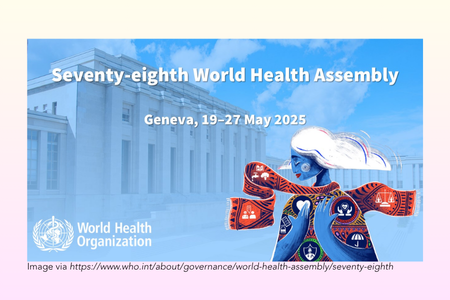New Lancet Report Unveils the True Impact of Hidden Hunger Worldwide

While we’ve always known that micronutrient deficiencies are a serious global issue, the decades-old estimate that the condition affects 2 billion people is actually a major understatement.
Recent findings published by The Lancet Global Health, with a focus on women and young children, reveal that 1 in 2 preschool-aged children and 2 in 3 women of reproductive age worldwide have at least one micronutrient deficiency. When accounting for school-age children, adolescents, and men (who were not included as part of the study), it suggests that the number of people affected by hidden hunger is far greater. These findings are a result of the most rigorous assessments of micronutrient deficiency to date.
Micronutrient deficiencies around the globe
Hidden hunger lurks everywhere, and if gone unchecked, micronutrient deficiency can have a devastating impact. Low iron alone can impact energy levels, concentration, memory, performance at work or school, cognitive development, and learning and earning potential.
Micronutrient deficiencies are surprisingly high — even in high-income countries like the United States and United Kingdom, where between 1 in 3 and 1 in 2 women are micronutrient-deficient1, lacking iron, zinc, and folic acid, putting them at risk of a weak immune system, slow growth, and low productivity. Iron deficiency alone is prevalent among 1 in 5 women in both countries. Alarmingly, 9 in 10 women in several countries in South Asia and Sub-Saharan Africa suffer from micronutrient deficiencies.
Together we can make meaningful and sustainable change
Although the data is startling, we have the tools to combat hidden hunger.
“We need to ensure everyone has access to a variety of micronutrient-dense foods, including animal-source foods, fruits and vegetables, lentils or peas,” says Saskia Osendarp, Executive Director, Micronutrient Forum. “Food fortification can help make up the difference when healthy diets are unaffordable or inaccessible.”
The new findings prove that hidden hunger is truly a global problem, and that we’ve got more work to do when it comes to making a positive impact. More and better data on micronutrient status are required to better understand the full impact of the issue and to better target solutions.
To learn more about hidden hunger and how Lucky Iron Fish works with charities, NGOs, and companies to provide an innovative and proven solution to help solve the problem of community-based iron-deficiency anemia, visit our partnerships website.
1https://micronutrientforum.org/new-global-hidden-hunger-estimates/




